Posted on 6/28/2023
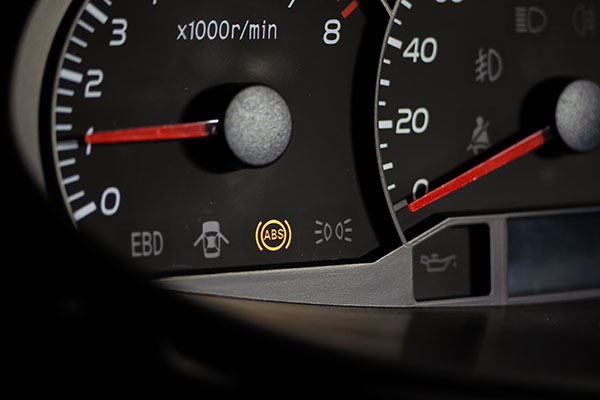
Car stalling can be frustrating, especially in heated situations like traffic lights. It not only disrupts your journey but also raises concerns about the health of your vehicle because stalling is not something normal. Understanding the common reasons for car stalling can help you identify issues and take appropriate measures to resolve them in time. If you want to know a few of the reasons that can cause your car to stall, make sure to continue reading because we will take a look at exactly that down below! 1. Fuel-related Issues One of the obvious reasons for stalling is an issue with the fueling system - the major ones being: Empty Fuel Tank: Running out of fuel is one of the most obvious reasons for a car to stall. Ensure that your fuel tank is adequately filled to avoid this simple yet preventable issue. Fuel Pump Problems: A faulty fuel pump can cause insufficient fuel delivery to the engine, leading to stalling. 2. Ignition Syst ... read more
Posted on 5/31/2023
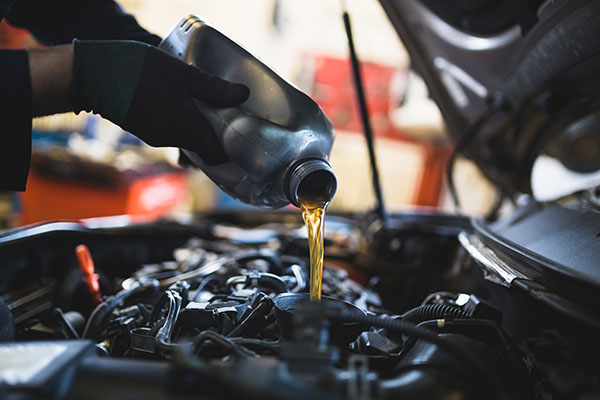
Oil is required for the proper operation of your vehicle's engine. It lubricates the engine's various components, reducing friction, preventing wear, and helping to cool it. However, as the engine runs, the oil degrades and becomes less effective. As a result, it's very important to change your vehicle's oil regularly to keep it running smoothly for as long as possible. Here are four indicators that you may need to change your oil, so make sure to visit a repair shop once you notice them: #1 The Oil Level Is Low If your oil level is low, it's a giveaway that your engine is consuming oil, leaking oil, or having other issues, meaning it may be time for a change. Low oil levels can cause your engine to overheat, which can lead to serious damage. To avoid this, check your oil level regularly and top it up as needed. #2 Oil Is Dirty Or Dark One of the most obvious signs that you need an oil change is dirty or dark oil. Over time, oil ... read more
Posted on 4/29/2023
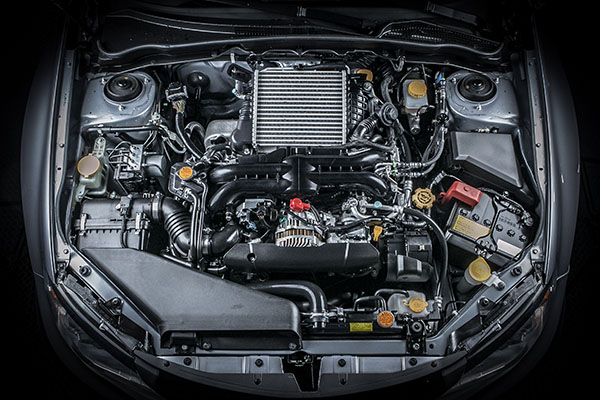
The cabin air filter is an often-overlooked component of your vehicle, but it plays a crucial role in ensuring the air inside your car remains clean and fresh. It's especially important when going underground or through tunnels. Over time, it becomes clogged with dirt, dust, pollen, and other airborne contaminants, compromising its effectiveness. Question: So, how often should you change your cabin air filter and why?Answer: Ideally, it is recommended to replace your cabin air filter every 12,000 to 15,000 miles or at least once a year. However, this can vary depending on your driving conditions and the environment in which you drive. If you frequently drive in dusty or polluted areas, your cabin air filter may need more frequent replacement. Benefits Of Frequent Cabin Air Filter Changes Regularly changing your cabin air filter offers several benefits. Firstly, it ensures cleaner air inside ... read more
Posted on 3/31/2023

Everyone wants to get the most out of their fuel. You might ask about how this can be done? The answer is not one, but several. Below you will find some ways you can save up on fuel and make those MPGs go up. Keep in mind that the vehicle you drive also matters - an SUV will burn a lot more fuel than a coupe because it is heavier. 1. Use The Gas Pedal Properly The gas pedal is used to accelerate when needed, which is not all the time for even the shortest distances. If you learn to use it properly, you can get a lot more miles than usual. Every time you press on it, fuel is injected at an increased rate and amount, resulting in much higher consumption. 2. Check The Tires Proper tire pressure, alignment, and type are essential for your fuel economy. If you have grippier tires, more force is required to rotate them, resulting in higher fuel consumption. To avoid that, regular tire services are advised. Make sure to visit a service shop often for prop ... read more
Posted on 2/28/2023

Have you ever wondered what FWD, RWD, or AWD means in the description and specs of a vehicle? It could be found in the description of a used car or a dealership spec list. Whatever the case may be, we will give you an answer for all three below. FWD - Front Wheel Drive The most commonly seen out of the three is FWD, meaning front-wheel drive. Now you might ask, " What is front-wheel drive" and we will explain. This means that the engine and transmission provide power to the two front wheels. Usually, this is done to make the car safer and easier to drive. Turning the steering wheel feels more responsive and instant, making it perfect for everyday driving. RWD - Rear Wheel Drive On the opposite side, RWD means rear-wheel drive. The engine and transmission power the drive shaft, which connects to the differential and wheels. This way, the car is more stable in corners and does not lose traction. RWD is most common in sports cars, but it's rare. It also makes the c ... read more
Posted on 1/30/2023
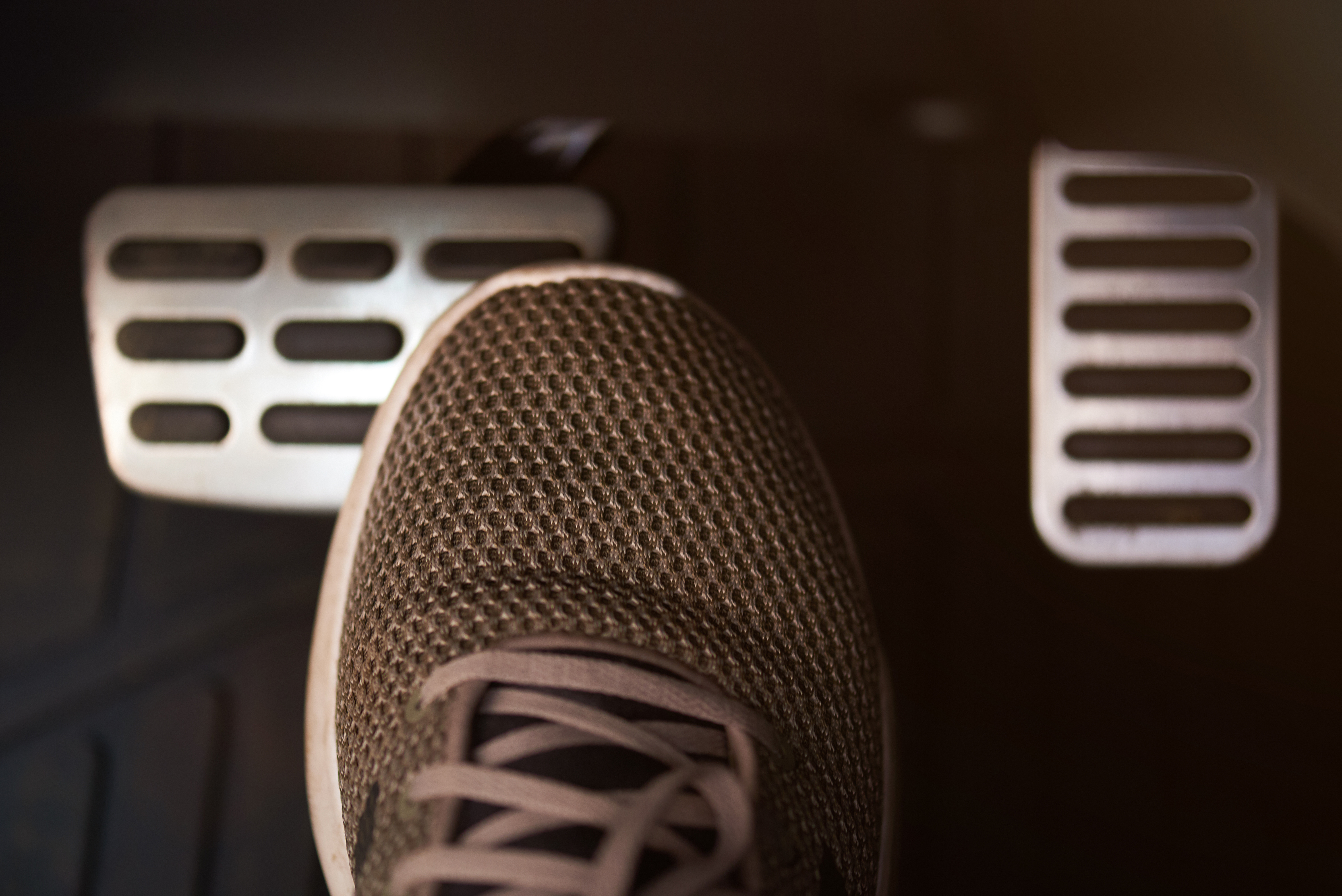
Any vehicle with a friction-based braking system is vulnerable to a condition known as brake fade. The term simply means that your brakes are wearing out, whether it be due to friction, a mechanical issue or a lack of brake fluid. How Do Drivers Experience Brake Fade? If you notice, over time, that your brakes fail to stop even after repeated or sustained pressure on the pedal, the issue might be brake fade. You may be unable to make a hard stop or have to pump the brake repeatedly while driving downhill. If the brake fails to stop as expected when applied the usual pressure then there is a chance that your brakes could suddenly fail and cause an accident. What Causes Brake Fade? The general cause of brake fade is a build up of heat from gases that causes a pressurized resistance between brake components. The brake's drum or disc can't make contact with the braking pads. Without friction between braking components, the vehicle is unable to stop. A build-up of heat in the ... read more
Posted on 12/21/2022
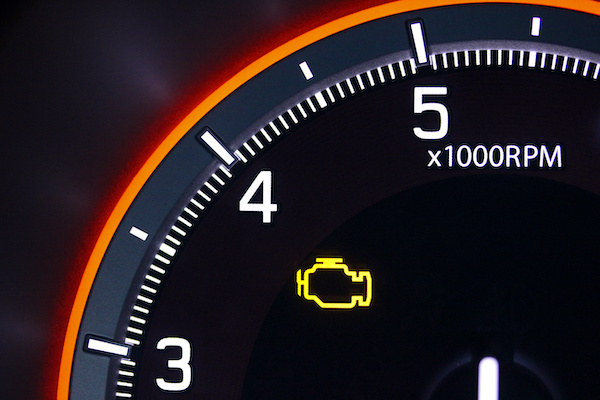
Vehicles have an inbuilt computer diagnostic system that alerts drivers of potential problems. While the warning light signals vary, the most dreaded is the check engine light. It signals engine and emission problems. Can You Drive with the Engine Light On? The check engine light turns on for varied reasons. When it illuminates, remain calm and assess the problem. If the light is on but not flashing and no other operational issues, you can keep driving to the nearest auto repair shop. However, if the light keeps flashing for more than six seconds, it's a major problem. Pull over to a safe place and determine if driving is safe by, Checking if the issue needs immediate attention Check if there are other lights on. If yes, turn off the engine. Generally, a yellow light engine indicates further investigation, while red means you should stop immediately. You may also use a diagnostic app and fix the issue or call a mechanic. Lowering the Speed and Load Reduce yo ... read more
Posted on 11/16/2022
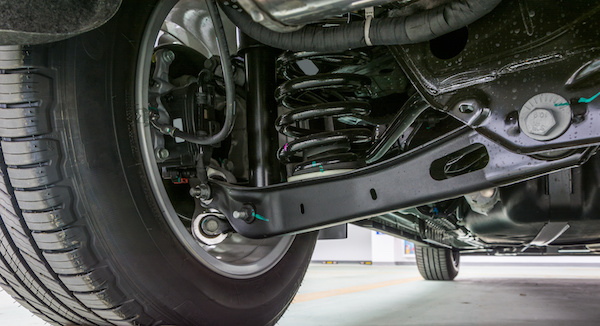
Shock absorbers and struts are responsible for minimizing impact and that jarring feeling you may experience when you hit a bump on the road. In other words, they play a significant role in supporting vehicle handling and safety. For older automobiles, shock absorbers are used in both rear and front wheels, while modern vehicles use a combination of both. Your shocks are always being used—whether your vehicle is in motion or not. Eventually, they will endure enough wear and tear to fail. Your suspension system requires maintenance just like the rest. So, you should always check on your shocks and struts during service and replace them when necessary. Shocks and struts are expected to last at least 50,000 miles, and up to 100,000 miles, before needing a replacement. Depending on your driving conditions, such as the frequency of off-roading, the suspension parts may wear out more quickly. When your shocks and struts wear out, you won’t have a hard time finding ... read more
Posted on 10/28/2022
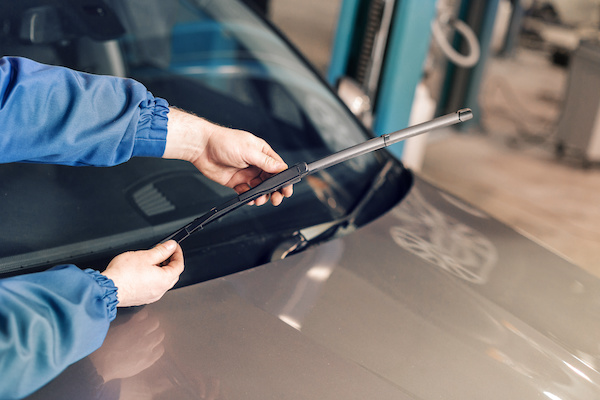
Vehicle maintenance goes far beyond just oil changes! Just as with engine oil, other significant parts of your vehicle can deteriorate without maintenance. Just to mention a few other parts that require maintenance: Brake Fluid Tire Maintenance Windshield Wiper Replacement Transmission Fluid Brake Fluid A car with malfunctioning brakes is a dangerous one, this is why it is very important to have regular brake maintenance. There are a couple of warning signs that can tell you when there is a need for brake fluid replacement. These signs include: Soft brake pads ABS dashboard light Weak braking action Weird brake noises and smells Tire Maintenance Proper tire maintenance involves checking many aspects of tires such as that they are, firstly, the proper tire for your vehicle, they are inflated, they are wearing properly and that they are not too old. Tires are a very significant part of a vehicle, they are the only contact the vehicle has with the road. So, tire maintenance is ... read more
Posted on 9/28/2022
.jpeg)
It may come as a surprise, but most drivers have never heard of a catalytic converter, let alone what it does. This huge component in your vehicle’s exhaust system is in charge of a very important task – it helps minimize harmful emissions created by your engine. A bad catalytic converter poses major safety risks for the environment, your health, and the overall performance and efficiency of your ride. Let’s take a step back to understand how the “cat” works. Many chemical reactions occur within the catalytic converter, and its metals act as catalysts for the job. This part is responsible for converting harmful gasses, like carbon monoxide, to safer, breathable gasses. Catalytic converters are made to last for a very long time unless a leak develops or someone steals it. Many thieves like to steal this car component because of the precious metals it is made of. Even though the catalytic converter is in a hard-to-reach spot under you ... read more